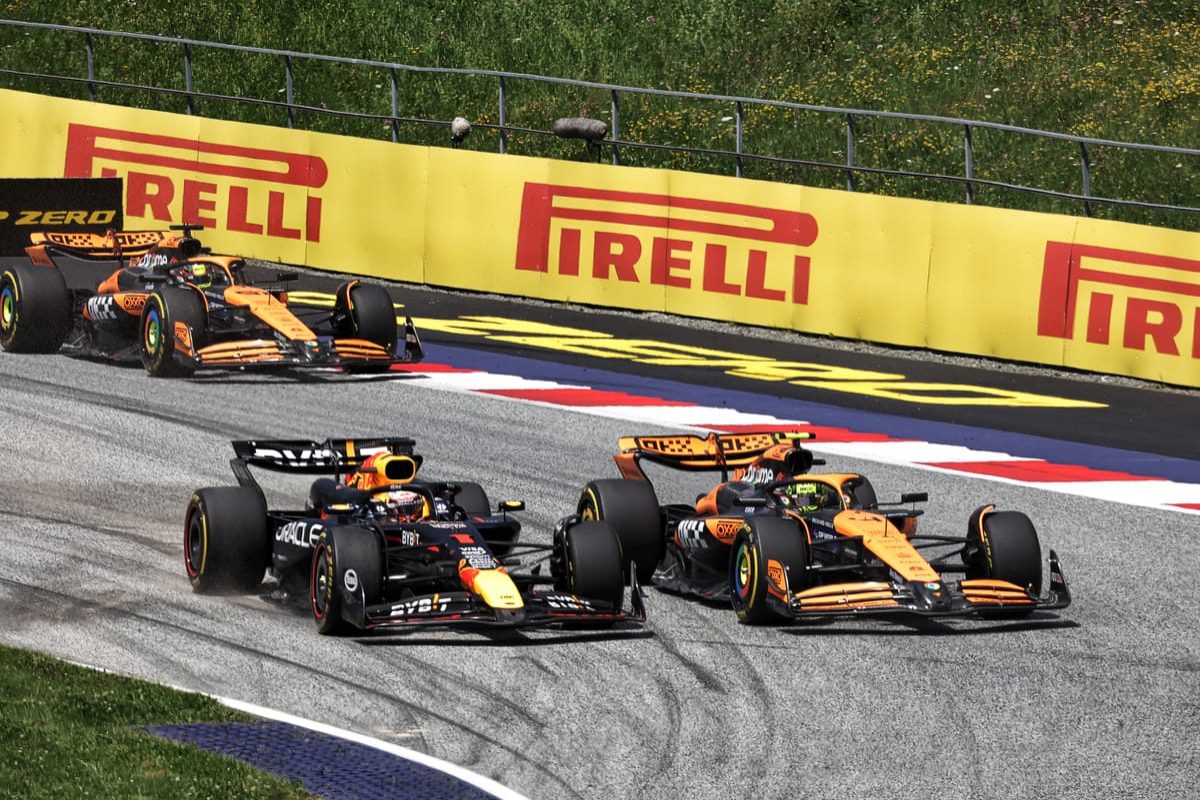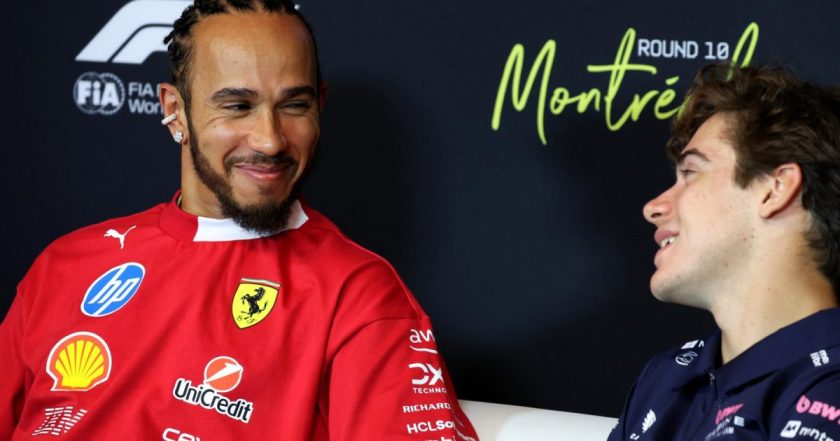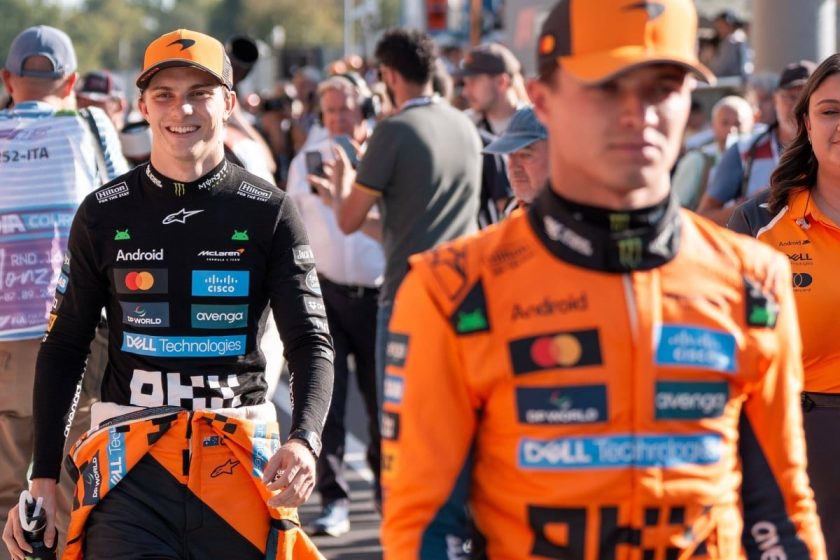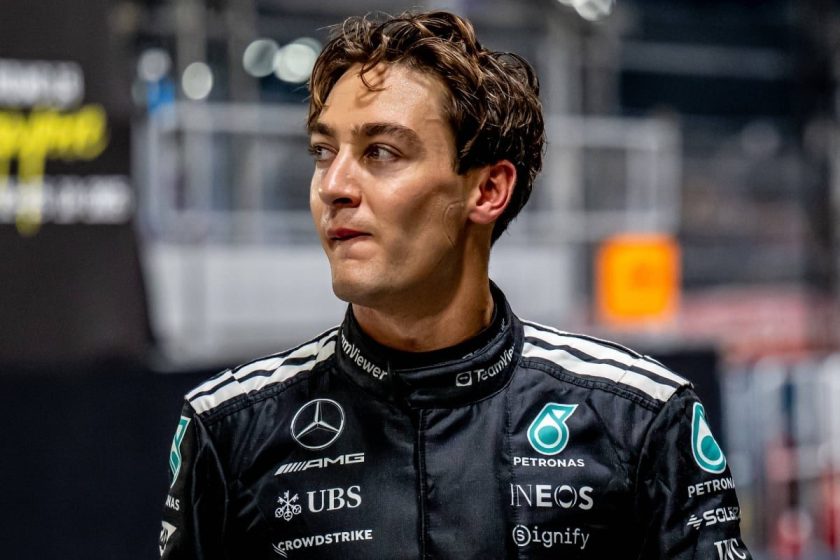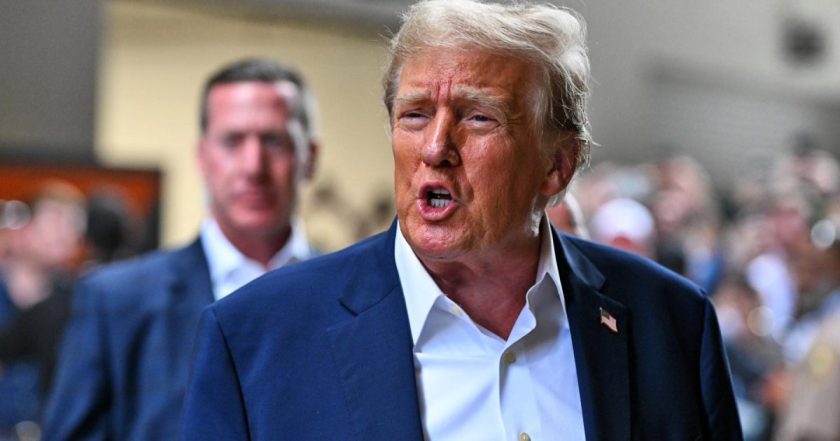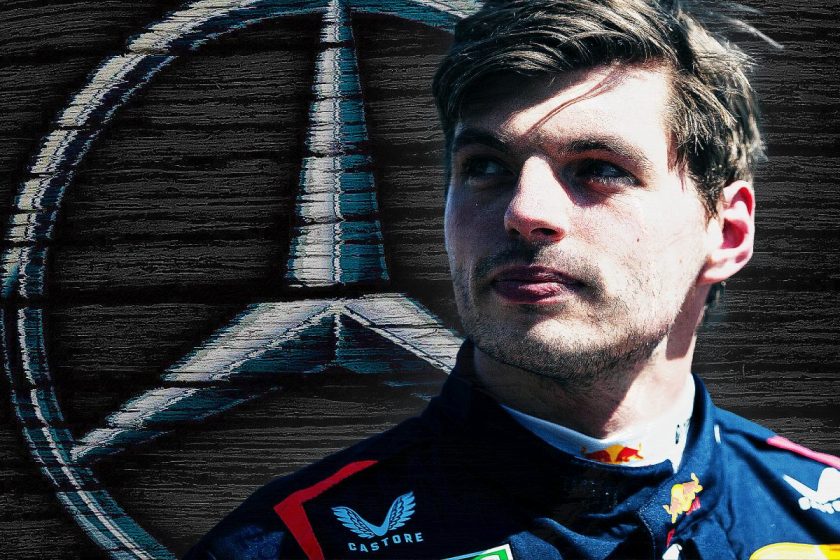P1racenews AI automatic summary:
Red Bull quickly had a strong theory for why McLaren had toppled it as Formula 1’s fastest car but didn’t try the same trick in 2024 amid both legality and resource questions. This year is a different story
Red Bull’s Formula 1 dominance came to a sudden halt in Miami last year, catching even the team off guard with no clear explanation at the time. McLaren’s impressive upgrade with the MCL38 played a significant role in shifting the performance dynamics at the front of F1, leading to a substantial performance gap. The real reasons behind this shift only became apparent as the season progressed, revealing weaknesses in Red Bull’s RB20 and the strides made by their competitors. The introduction of flexi wings by McLaren and later Mercedes proved to be a game-changer, providing a new level of flexibility and balance that had not been previously achievable. Red Bull’s technical director, Pierre Wache, acknowledged that this innovation erased a key advantage they had long enjoyed, signaling a major shift in the competitive landscape of Formula 1. The impact of the flexi wing controversy on the 2024 championship race was deemed significant by Ferrari’s team principal, Fred Vasseur, highlighting the complexity and consequences of technical developments in the sport. Despite the frustrations and financial implications of these design disputes, they underscore the competitive nature and strategic challenges faced by teams within the constraints of the sport’s regulations and budget limitations.
